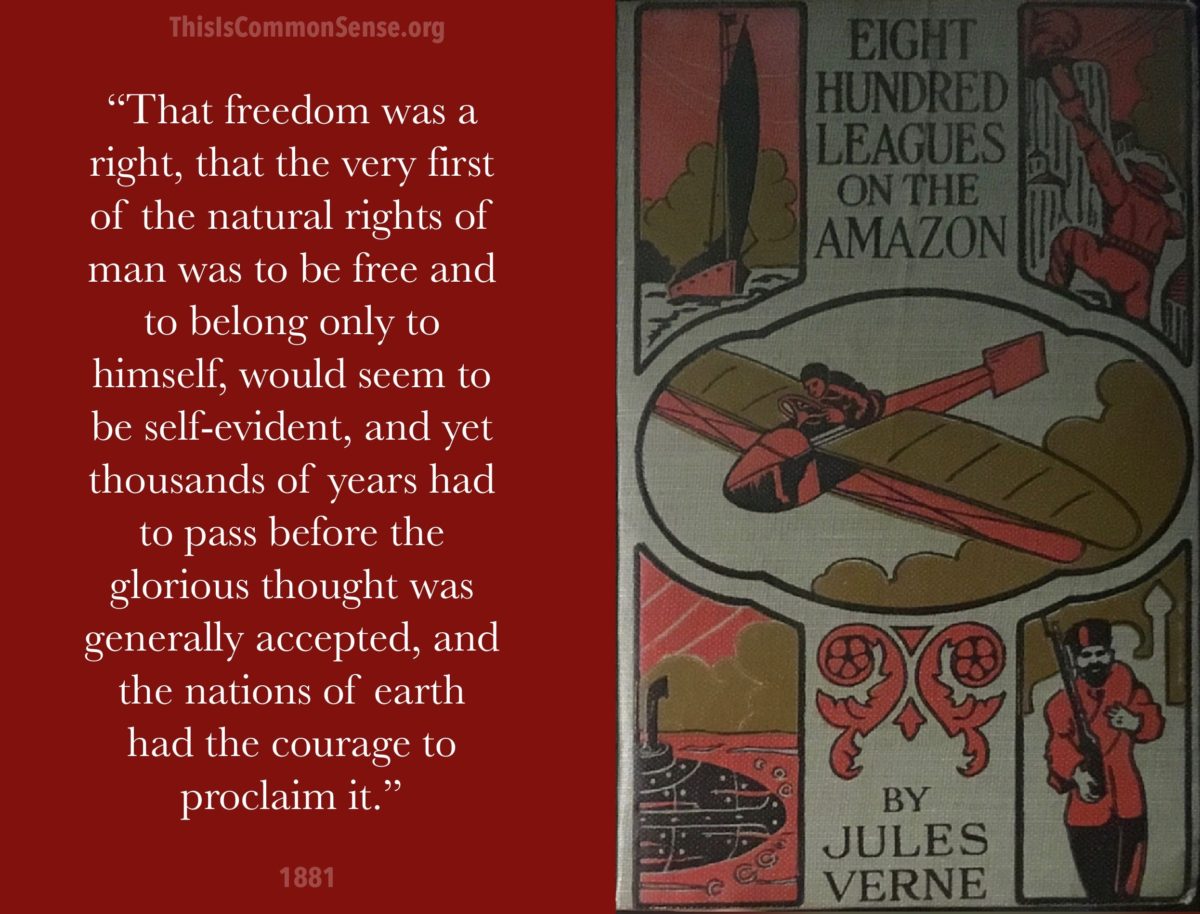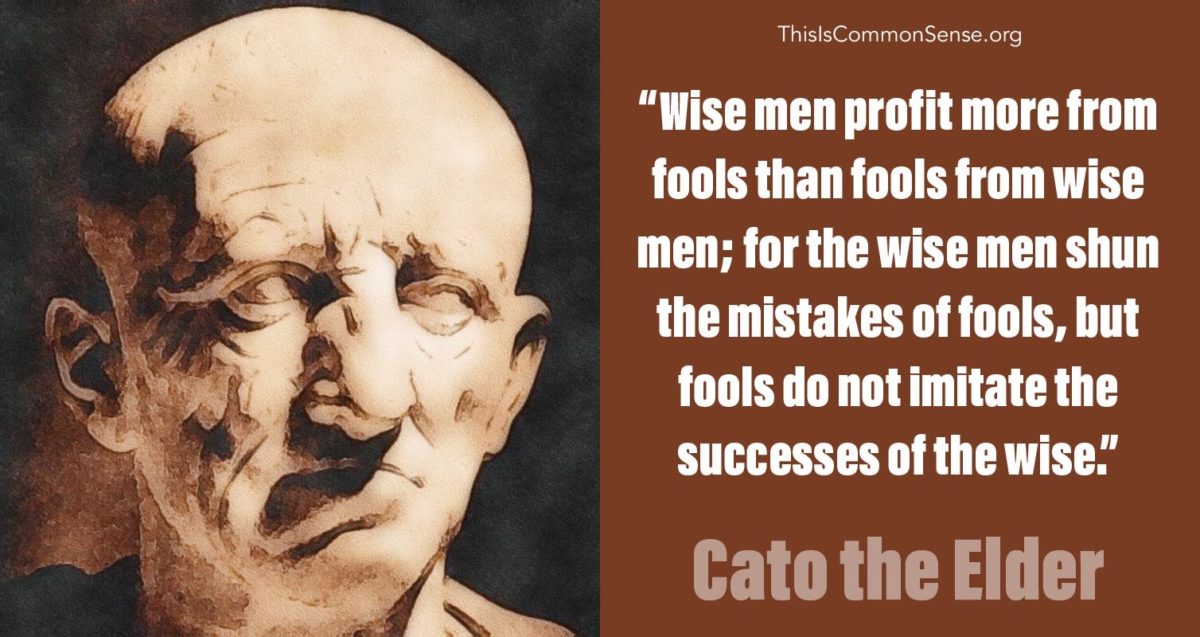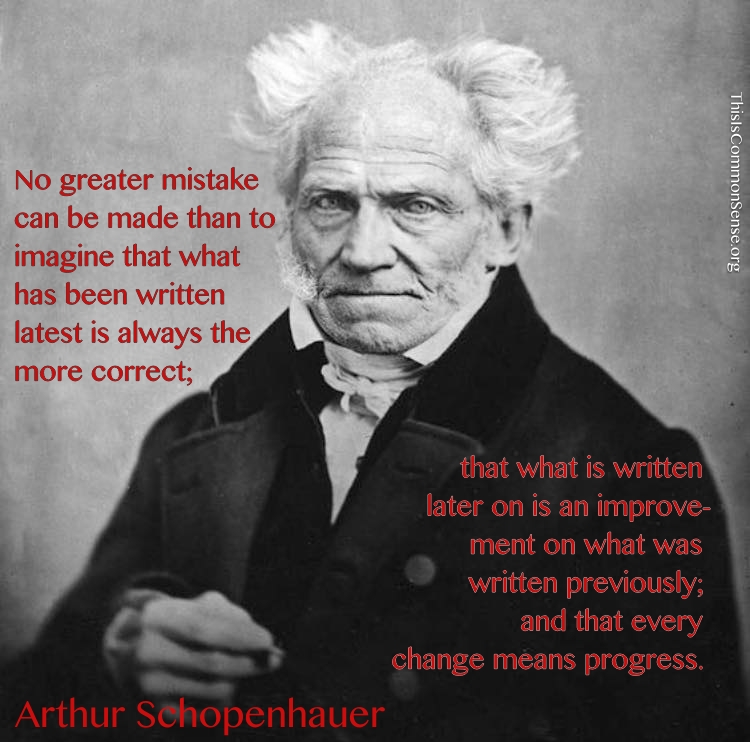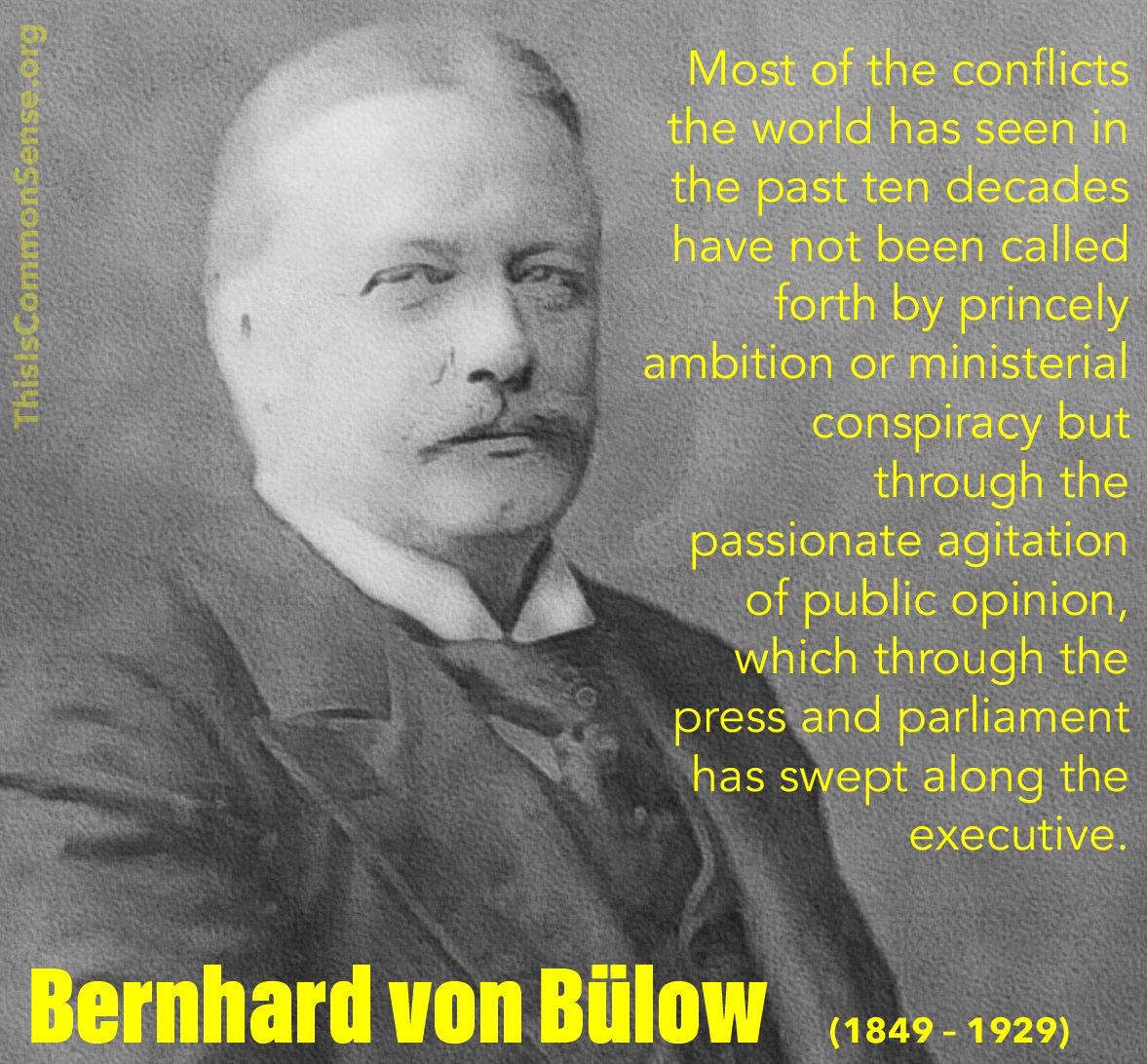Man comes into the world naked and unarmed, as if nature had destined him for a social creature, and ordained him to live under equitable laws and in peace; as if she had desired that he should be guided by reason rather than be driven by force; therefore did she endow him with understanding, and furnish him with hands, that he might himself contrive what was necessary to his clothing and protection. To those animals to which nature has given vast strength, she has also presented weapons in harmony with their powers; to those that are not thus vigorous, she has given ingenuity, cunning, and singular dexterity in avoiding injury.
William Harvey, De Generatione Animalium (1651).
William Harvey





